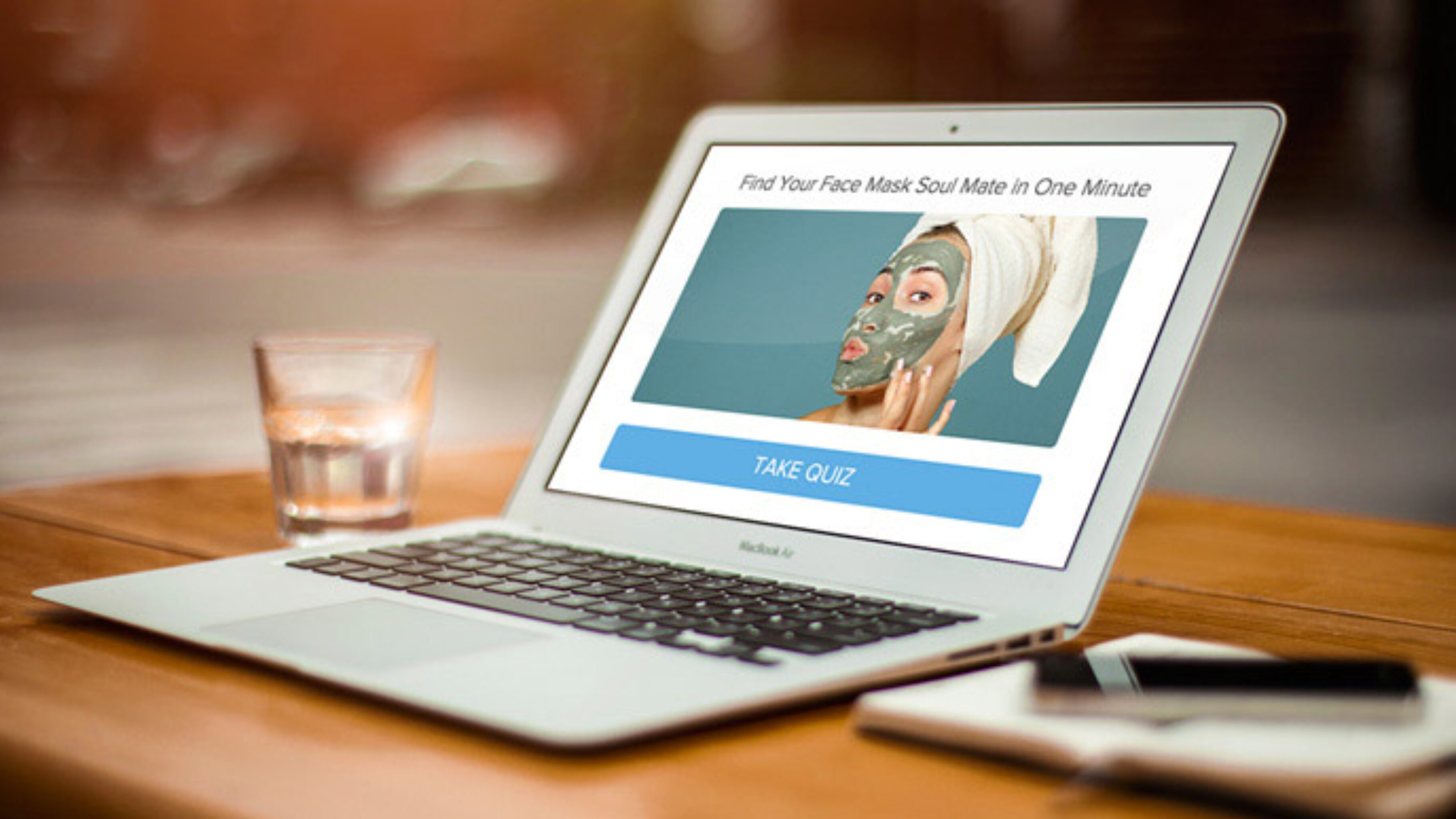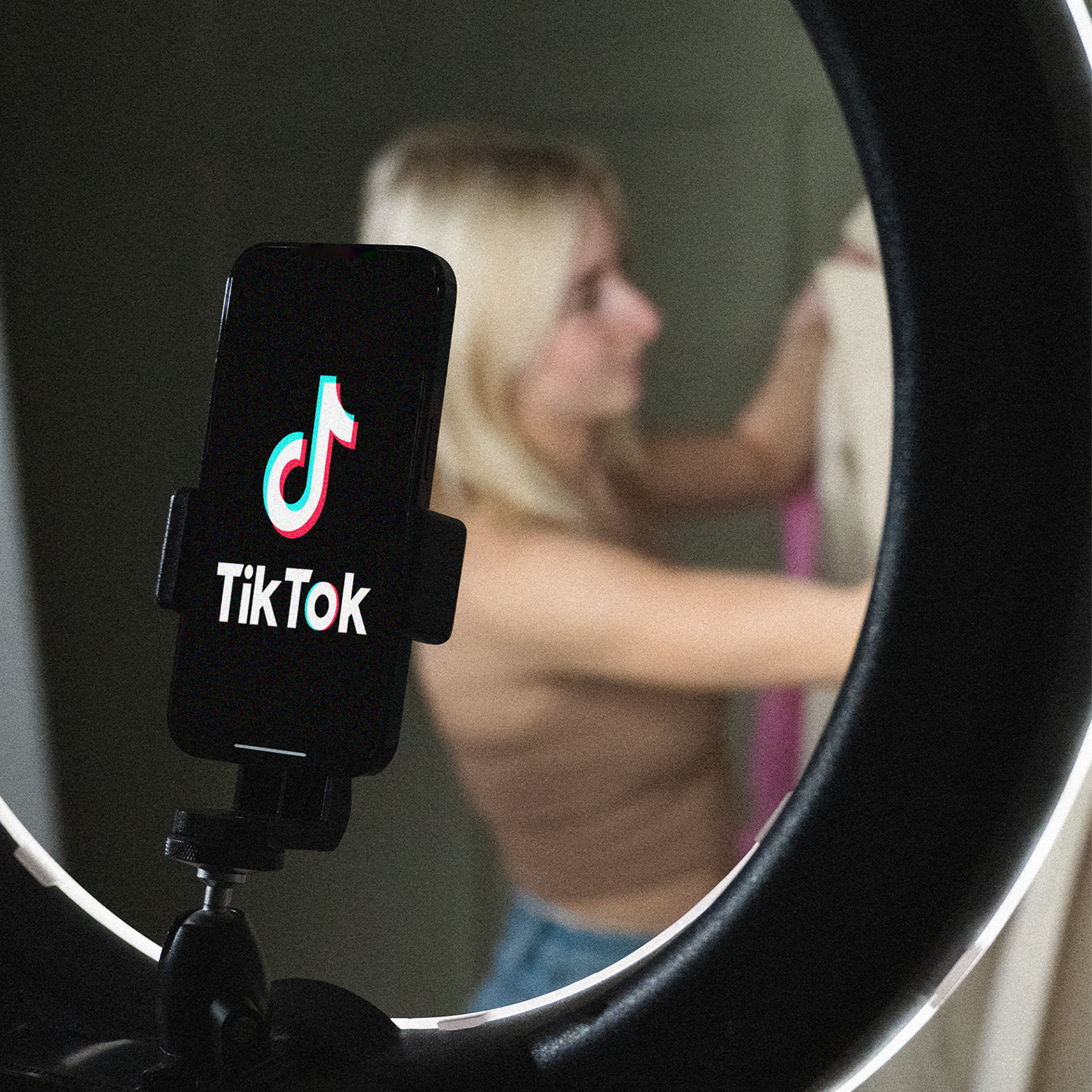We’ve all heard the theory that if you give your visitors something extra, like offering them cash prizes or incentives, then they will be much more keen to stay longer on your page. This makes sense. In an over-saturated online-world where sites can all too often begin to look the same, you need all the help available to stand out from the crowd and hold your visitors attentions. Does this theory apply when it comes to driving eCommerce sales? Can eCommerce sales really increase even marginally with the presence of a quiz? Will they give your site that extra edge and make it stand out? Let’s take a look.
First thing’s first, adding just any old multi choice quiz, is going to do very little to keep users interested and engaged enough to purchase a product from your site. However, tie these quizzes in with your brand’s attributes and engineer them in a way that will add value to your users experiences and you are heading in the right direction. A successful quiz should personalise your eCommerce site, it should cause users to interact with you on a slightly deeper level. In the aftermath of recent groundbreaking reports that adding personalisation to your site can increase conversions by 30% or more, quizzes have taken a more personal direction.
Currently some of the most successful quizzes out there take buyers through a sequence of questions that end with a product offering, that is tailored to meet the users needs. This can be achieved if your quiz is comprised of analytical questions that garner insightful consumer information, that can then be used to produce accurate recommendations.
An example of an effective, engaging quiz which relates directly to the product on offer, but also ties in personalisation for the benefit of the user, is the one on Origins the skin care specialist’s website. Comprised of 5 questions, it is short enough not to waste a users time, but long enough that it has the ability to understand the respondent and deliver a result that’s accurately based on their responses. After the user answers the five short questions about their skin type and product preferences, they are then presented with an Origins product that would most fit their dermatological needs. There is of course a link to buy the product that takes the user straight to a check out with minimum clicks required. This is of course accompanied by a positive and warm product description that presents the product in the best possible light. The personalised aspect of the quiz comes to the forefront in this section. Drawing upon examples from the answers given during the quiz, the results section argues why the recommended product should be the product of choice for the user. It is here in this section that the quiz really establishes a personal relationship between the user and the website as a whole. The user then becomes far more likely to go on and purchase the recommended product, from the site.
Even if your quizzes don’t induce sales of the recommended products there and then, if the content is vibrant and fun enough it may bring about shares and likes, which will drive traffic to the site from various blogs and social media.
Quizzes can also be useful in helping consumers to differentiate between your products. If you stock a range of similar products, be they wallets, tents, footballs etc, it may be hard for your customers to decide which ones to buy or to even understand the differences between them. A multi-question quiz that allows consumers to answer a few personal questions and then receive a recommended product result based on their answers, allows you to put forward all the attributes that are specific to that product in particular, in the results section of the quiz.
A simple CMS should be satisfactory enough to allow web masters to create and implement quizzes. The right quiz containing fun and engaging content that yields results that establish that crucial personal connection between the site and the user, will no doubt increase conversion rates.








